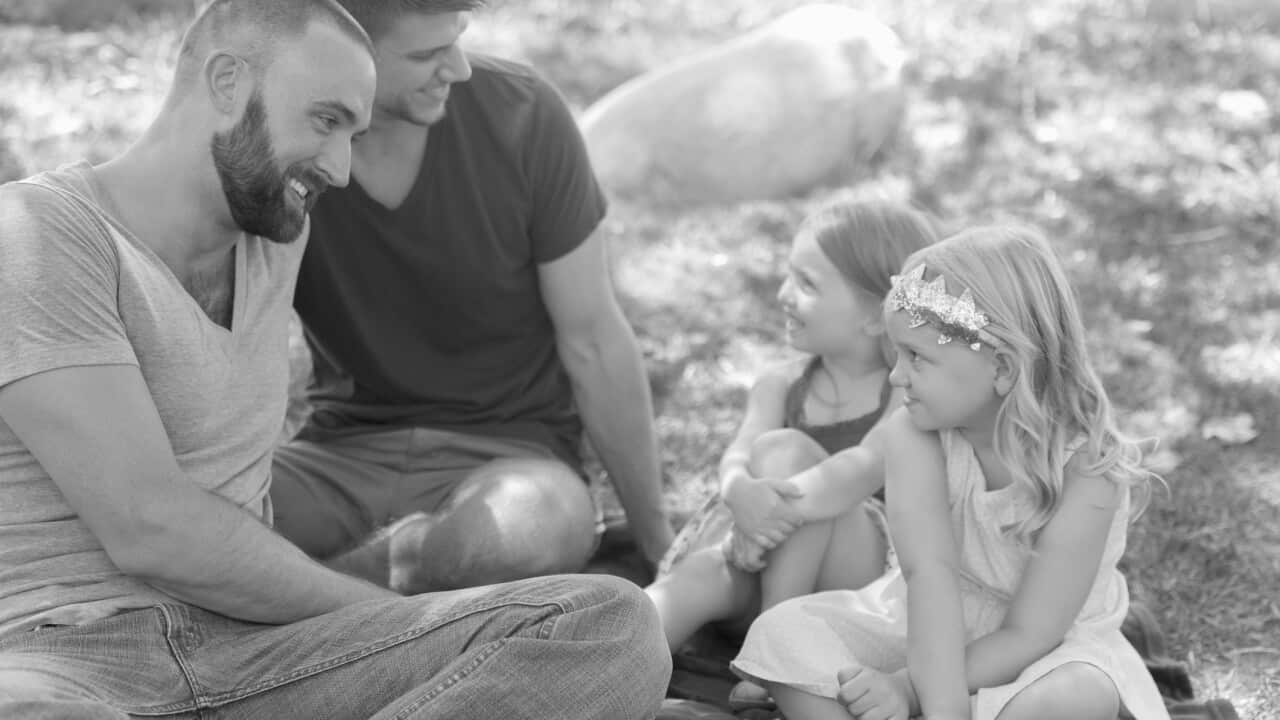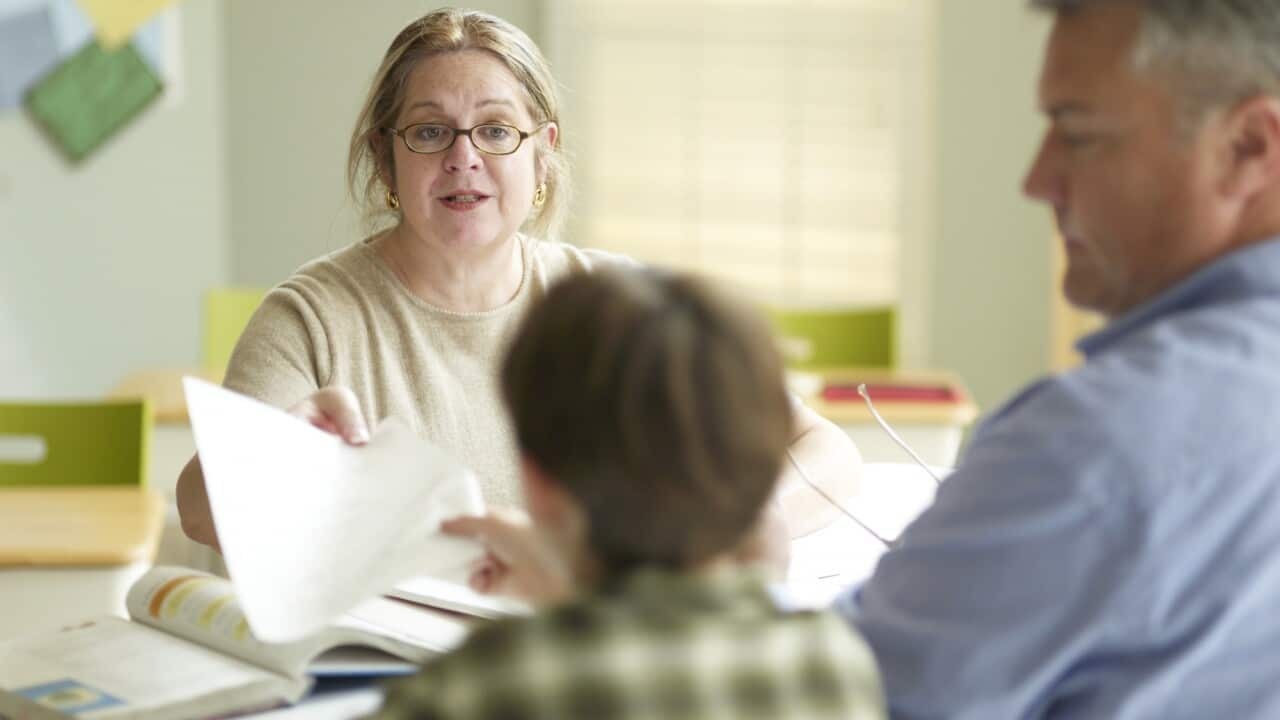My mothers’ group helped keep me sane in the first few months of my eldest daughter’s life.
A week in the life of a mum at home with a new baby can stretch out in front of her like a nebulous haze with no shape or structure.
The contrast with working life couldn’t be starker. In my life before baby I would stride into work every morning at 8am, well slept, caffeinated and ready to go. Post-baby, I’d still be in my PJs mid-morning, bleary eyed and splattered in milky stains.
Like most new mums, I signed up to a mothers’ group through my local Early Childhood Health Centre. Our catch-ups in cafes and parks gave me something to look forward to each week. Somewhere I could ask stupid questions, learn from other women’s experiences, commiserate and cry.
We caught up regularly for 12 months, until most of us finished maternity leave and resumed work.
Fathers today are expected to be (and want to be) more hands on from the moment their baby is born.
I’m also a member of a mums’ group on Facebook. It’s a 10,000-strong brains trust of mums in my local area where I can clear up literally any parenting dilemma before dinner.
Throughout my parenting journey, I have been surrounded with avenues of support: midwives, GPs, nurses, lactation consultants, Facebook groups, websites, and of course friends, family and my husband.
The situation is different for dads, who have seen their role as parents change in recent years. Fathers today are expected to be (and want to be) more hands on from the moment their baby is born.
Research shows that strong father-child relationships are important. The absence of fathers in early life has been linked to . Another study found that boys of fathers who worked long hours – over 55 hours a week – were more likely to experience like aggression and delinquency.
Associate Professor Richard Fletcher leads the Fathers and Families Research Program (FFRP) within the Family Action Centre at the University of Newcastle.
The community values fathers taking an active role, he says. “If you ask people in a community, ‘Are dads important?’, they say yes. And if you ask them, ‘should they be involved in raising the children just like the mum?’, they say yes.”
Yet postnatal and parenting support services are still geared almost exclusively to the mother, he says.
Fathers often have just two weeks’ leave to adjust to life as a new parent before going back to work.
Fatherhood can be isolating, particularly for men whose main source of support is a partner who is now suddenly unavailable - because she’s managing breastfeeding, caring for the baby, or one of the 20 per cent of women who experience depressive symptoms after the birth of the baby.
Fatherhood can be isolating, particularly for men whose main source of support is a partner who is now suddenly unavailable.
Men can suffer postnatal depression too. Studies show one in 10 fathers suffer prenatal and postpartum depression, which can increase the likelihood that their partner develops postnatal depression, and negatively impact children, who show “three times the rate of behaviour problems and twice the chance of a psychiatric diagnosis at seven years of age,” Fletcher notes in .
So what’s the solution? In some quarters of Australia, fathers’ groups are stepping in to fill the gap.
David Spark lives in Melbourne with his partner and their two children, Aaron (five) and Zac (two) and runs a training and consultancy business from home.
The primary carer for his sons, Spark agrees that fatherhood can be isolating.
There’s less dads around, in terms of a stay at home role, and they’re not as active in pursuing social engagement. Dads need a little bit of a push sometimes.
The self-declared ‘stay-at-home-dad’ attends , a fathers group run by YMCA Victoria. The group, which meets every month in Canterbury, is open to fathers at any stage of parenthood. “It’s a very inclusive environment,” he says. “It’s a wonderful opportunity for dads to connect, bond and discuss issues.”
Spark believes DadsLink offers his children opportunities and experiences they wouldn’t otherwise have. It’s also important, he says, for children to see fathers spending time together, “doing things that are more associated with mothers”.
DadsLink runs twice yearly Dads and Kids Adventure Camps where fathers and children spend a weekend doing activities like surfing, bushwalking and playing games. The camps “are extraordinarily beneficial,” says Spark.
He says there are not enough dads’ groups. “Mums tend to be better organised and very well socialised. There’s less dads around, in terms of a stay at home role, and they’re not as active in pursuing social engagement,” he says. “Dads need a little bit of a push sometimes.”
The at the ‘Tan in Melbourne on September 3 will raise money for YMCA programs that help young people build resilience and equipping vulnerable young people with social and emotional skills to foster positive mental health and wellbeing.






